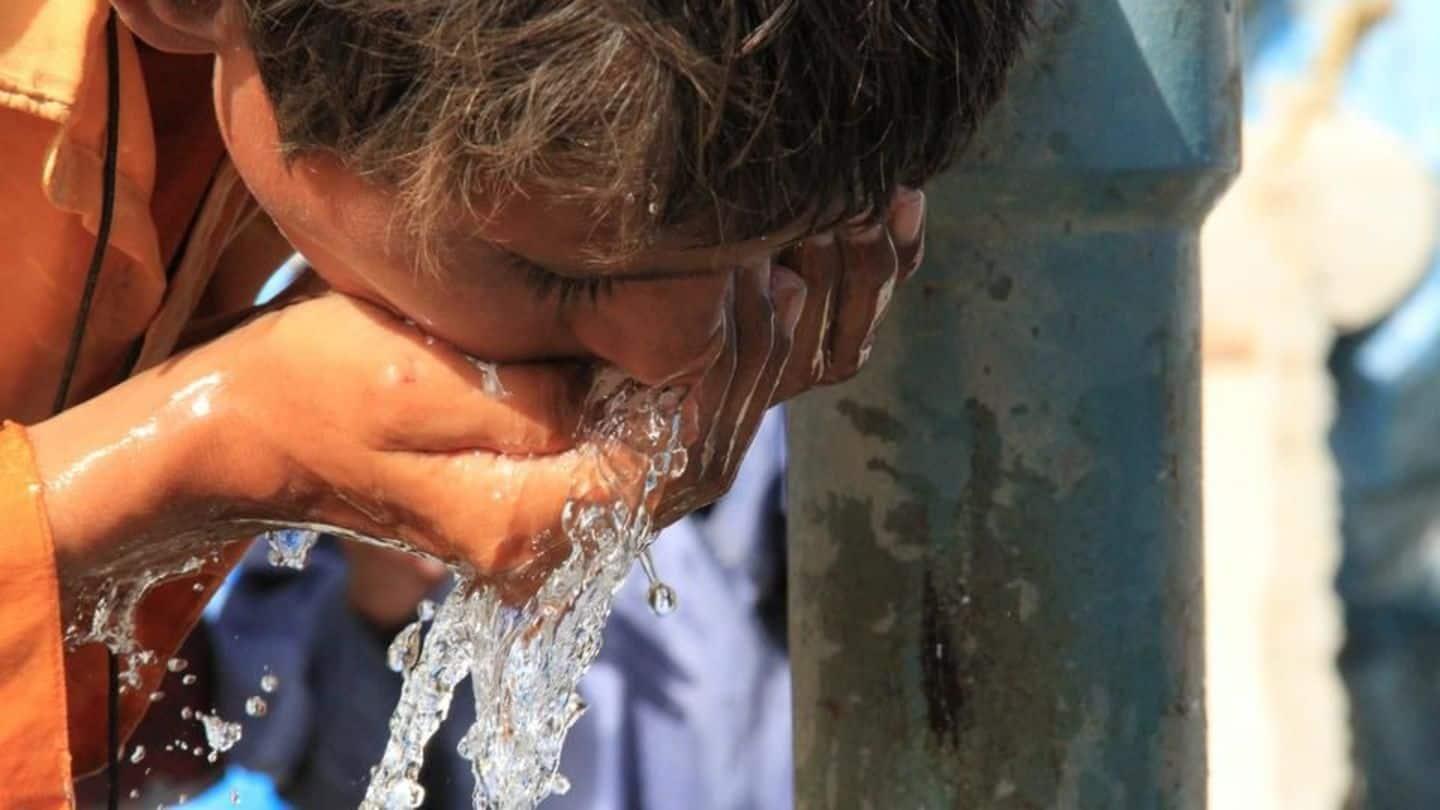
Study: 60mn people in Pakistan at risk of arsenic-laced groundwater
What's the story
Nearly 60 million Pakistani citizens are at risk of ingesting the deadly chemical arsenic from groundwater, according to a new research published in the journal, Science Advances. The study analyzed nearly 1,200 groundwater quality samples collected across Pakistan. This revealed arsenic concentrations in the Indus plain to be well above the World Health Organization (WHO) safety norms.
Arsenic poisoning
How arsenic is harmful to humans
Arsenic is a semi-metallic element that exists the world over in varying concentrations. Arsenic leaches into groundwater from rocks and soil bringing it into contact with humans. Globally, an estimated 150 million people rely on groundwater contaminated with arsenic, according to the WHO. Long-term exposure to arsenic can result in skin disorders, cancers or cardiovascular issues.
Details
Study finds higher than acceptable arsenic levels in groundwater
The WHO considers 10 micrograms per litre of arsenic in drinking water the permissible concentration. The Pakistani government considers 50 micrograms per litre as acceptable. According to the study, the 50-60 million people living in the Indus valley in eastern Pakistan drink water contaminated with arsenic that exceeds even the government's safety level. The study's lead author Dr Joel Podgorski called the findings "alarming."
Information
How Pakistan's groundwater got contaminated with arsenic
The Indus river region has massive irrigation and water flooding on the surface. Researchers believe chemicals used in farming leech into the soil, making their way into groundwater aquifers. A strong correlation was found between high soil pH levels and the arsenic concentrations in groundwater.